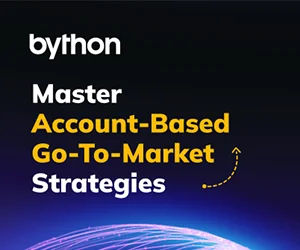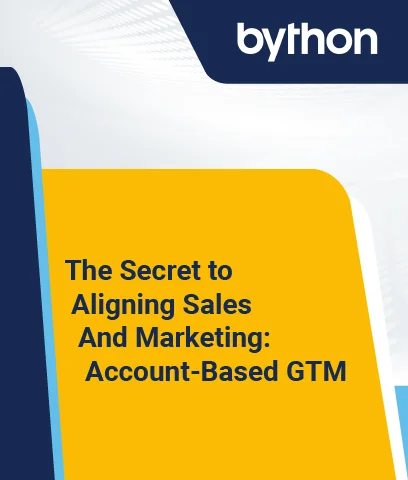As an up-and-coming business, one of the main factors that determine the success of a startup is how much financial support it has in the beginning. Crowdfunding is the foundation of many startup companies. There are different types of ways that founders can crowdfund resources. It is good to know about them so that businesses can start off in good standing with those that contributed to the crowdfunding campaign.
1. Debt-Based
Debt-based crowdfunding is a kind of crowdfunding strategy “that allows you to obtain high amounts of funding without needing to give away any equity in your business” (universitylabpartners). This means that investors come up with a binding agreement that allows you to collect as much money as the startup needs, so long as they pay the money in which you received back when the company starts to make money.
Interestingly enough, there are little to no interest rates that come with financial support. This allows for nearly all of the funds received to go to the betterment of the startup company. This type of crowdfunding campaign usually has a four-to-five-week window.
2. Royalty-Based
Royalty-based crowdfunding is a kind of crowdfunding strategy “that provides backers with a smaller percentage of the revenue that’s gained once the venture or project becomes successful enough to generate revenue” (universitylabpartners).
Think of it like how a musical artist gets paid every time their song is played on a commercial, in a movie, or samples in another song. As long as the startup company is making money, the financial supporters will get a piece of the pie. This type of crowdfunding campaign usually has a 30-to-60-day window.
3. Donation-Based
Donation-based crowdfunding “involves amassing high amounts of donations without needing to provide the investors with anything in return,” (universitylabpartners). This is because donation-based crowdfunding is for social justice and charity campaigns.
The downside of this is that it can lead to fraud and theft of funds that were promised to be used for one thing but are spent on another. The cap limit of donation-based campaigns is normally up to $10,000. This type of crowdfunding strategy usually has a one-to-three-month window.
4. Equity-Based
Equity-based crowdfunding provides financial backers a stake in a startup through shares or stocks in exchange for their support of the company. “This form of crowdfunding was made possible with the signing of the Jumpstart Our Business Startups Act in 2012, which eased some of the securities regulations in the country and helped to encourage startups to seek different types of funding,” (universitylabpartners).
The amount of funds that can be raised utilizing this strategy ranges from $50,000 to $100,000 and up. This type of crowdfunding campaign usually has a two-to-four-month window.
5. Rewards-Based
Rewards-based crowdfunding “provides investors with different tiers of rewards that directly correspond with the various pledge amounts,” (universitylabpartners). Based on how much money an investor gives to a startup, that person can receive an incentive that depends on how much he or she initially put into the company.
A contribution of $100 or less can give a person early access to the product or service that the startup provides. A contribution of five grand or more can give that same investor a co-title of the actual company, along with other perks. This type of crowdfunding campaign usually has a one-to-three-month window with a $100,000 cap.
6. Incentives & Risks
Typically rewards-based crowdfunding and equity-based crowdfunding are the most common type of campaigns run to raise funds for startups. This is because the former provides specialized perks based on the amount of the contribution. The latter allows startups to establish their own
limits on the number of contributions that can be raised to control how many stocks/shares can be given to investors. Both crowdfunding strategies allow startups to control what and how much can be given back in exchange for investments provided by financial contributors.
Startup companies have an obligation to provide the service or product that they promised to consumers. But depending on the crowdfunding strategy that they decided to utilize during the early stages, they don’t always have an obligation to investors to have a stake in the company that they are building.
That is why crowdfunding strategies that are donation-based can be risky. There have been plenty of stories of people using false identities or making up stories about a life situation to raise money from unsuspecting people trying to do good. Although platforms like Kickstarter and GoFundMe try to circumvent fraud through verification and reviewing processes, it doesn’t guarantee that something won’t go wrong.
There are, unfortunately, risks and rewards with any type of crowdfunding. Even with popular types of crowdfunding like rewards-based and equity-based types, the risk is the failure of the startup that you initially invested in. With every start-up company’s success story, there are more that end in failure.
The only difference is that the mentioned provides more protection to its investors through the need for the product or service to be already functional (rewards-based) and the requirement of shares/stocks being distributed to investors (equity-based). But the risk of failure is always there. The landing after the fall will just be softer.
Final Thought
There are different types of ways in which you can invest in a startup company. Researching the financial caps, the time limits at which money can be raised, and what to expect when you decide to invest in a startup company is crucial in deciding how one chooses to go about the crowdfunding process.
Once a startup decides to accept financial help from investors and contributors, they have a responsibility to honor what it initially promised to offer consumers. Whether it’s a product, service, content, or even aid, startups must honor their word to gain trust and credibility in the crowdfunding space.
It’s hard to fix a broken reputation, especially in a mostly digital space where history can be easily pulled up with a few strokes of a keyboard. Overall, crowdfunding can be a great opportunity to be a part of something innovative that can change the world.




